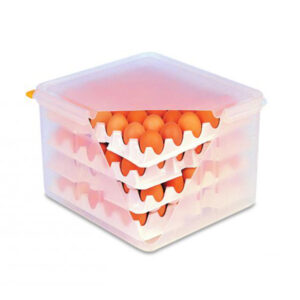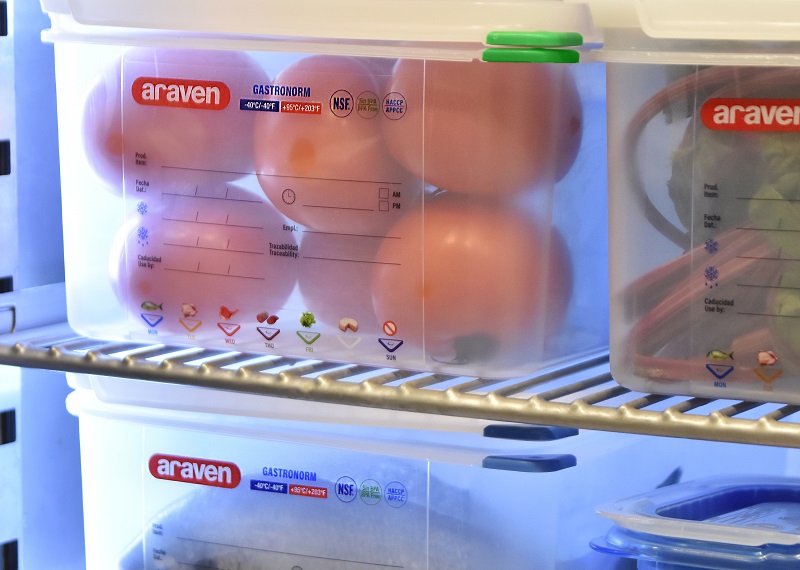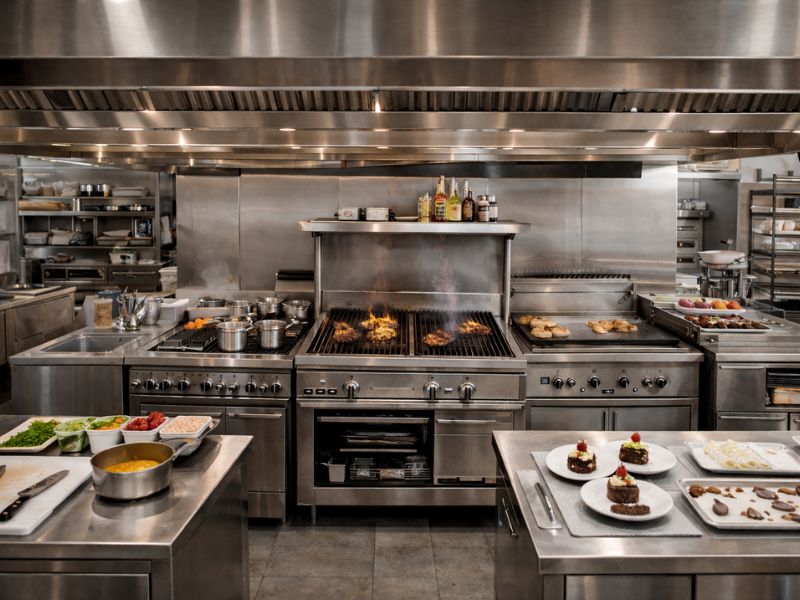Eggs from commercial farms come from hens which are sanitary controlled. However, if kitchen handling is not adequate and basic hygiene standards are not respected, you can encourage the growth of pathogenic microorganisms. Traditionally eggs have been the focus of the transmission of Salmonella, so it is important to follow some basic recommendations with regards to their preservation and handling from the moment of purchase
HANDLING EGGS
- Whilst transporting eggs to the restaurant, avoid sudden changes in temperature.
- Do not wash eggs before storing them, although it is okay to wash them with water just before use.
- Keep eggs in the fridge. Do not keep them at room temperature, next to a cooker or heat sources, or in places which are exposed to sunlight. Remove eggs from their original packaging which is usually porous like cardboard, and keep them in non-porous material containers such as plastic.
- This replaces the original packaging from the suppliers thus avoiding the introduction of new contaminations in the cold storage room.
- To avoid cross-contamination, we must avoid coming into contact with other foods or materials that may contribute to contamination such as liquids from fresh meat or fish.
- Check that the sell-by date printed on the package has not been exceeded.
To help you comply with the previous recommendations, at Araven we offer a special GN 2/3 Egg Container which allows you to store eggs with all the guarantees in a see-through container. Made of polypropylene and with polystyrene trays, we avoid the introduction of porous materials in cold rooms which are not authorised by regulations, as they are completely unhygienic methods. It is also advisable to have different rooms for the storage of different food types and keep eggs in the room with vegetables.





